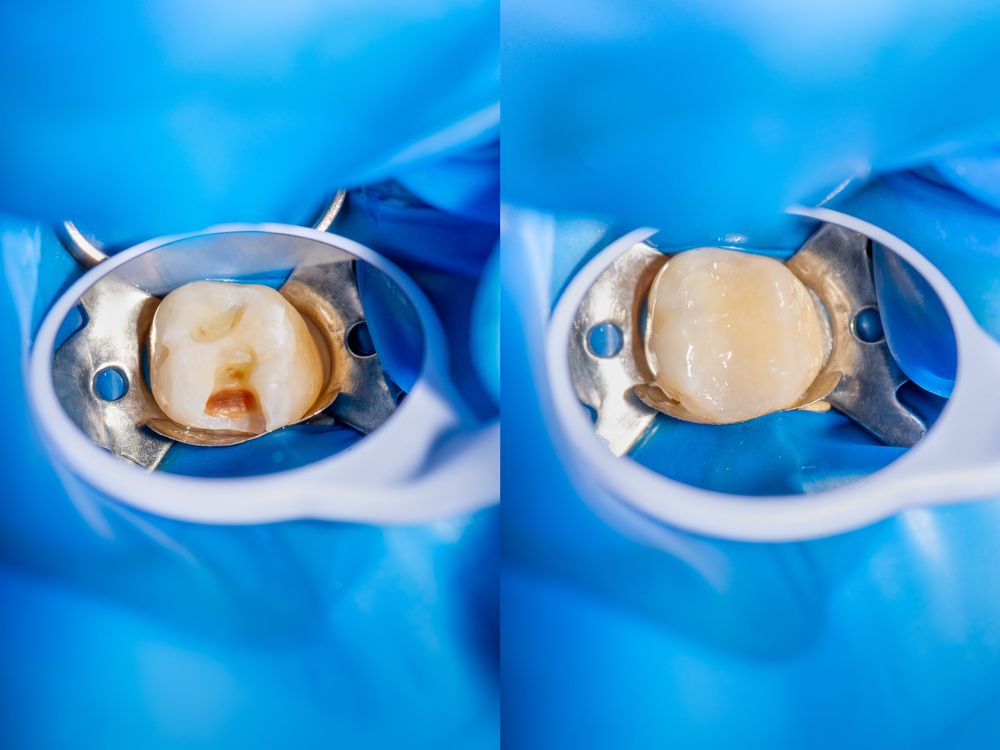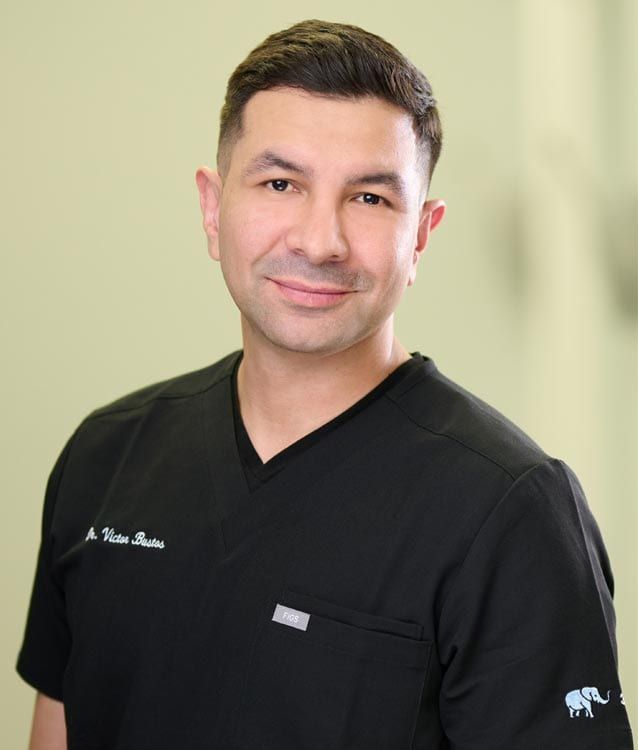There’s an aspect of choosing your dental provider that may get overlooked. That aspect is whether you should elect to go with a private dental office or part of a corporate chain. Each type of dental practice has its benefits and drawbacks, but how do you know which one to choose for you? Corporate dental offices, also known as Dental Support Organizations, are an actively growing part of the dental industry. Despite this, private practices are still a choice that’s available to many patients seeking dental care.
Exploring Private vs. Corporate Dental Practices
Deciding which kind of practice will best suit you and your family starts with understanding what sets each apart from the other. We’ll begin with private practices.
Private practices provide several benefits to their patients. With this type of practice primarily being a local concern, they can focus on building relationships with your family. This focus means that your dental practitioner will likely know you and your oral health personally. Your family can grow with them, providing a comforting and reliable source of care. Their attention remains tightly focused on the small community of people they serve. Even as these practices grow, they tend to maintain a small-town, local-area focus in their approach to care.
There’s also a more significant chance that they’ll accept the insurance you carry. Insurance companies tend to saturate areas, incentivizing local practices to accept them. The one potential drawback is financial. While some small-town practices may offer payment plans, financing more expensive procedures generally aren’t available. While options like Care Credit are available in some locations, there’s no guarantee they’ll be an option at your office.
DSO/Corporate Advantages
Numerous advantages can come along with corporate dental offices. They tend to have a more flexible set of appointment times due to having more staff available at any given time. Their size and financial backing also mean it’s easier for them to provide their patients with the latest equipment and treatments. Unfortunately, these offices also tend to have a higher turnover rate than smaller offices. In addition, the dentist doesn’t often get to determine the finer points of their practice.
This fact can mean your options are limited due to corporate policy. You may also not have the opportunity to grow familiar with the different faces in the office. Unlike a smaller practice where you always see the same hygienist or dentist, corporate offices can be something of a grab bag.
However, as we mentioned above, there’s also a significantly greater chance of their having variable financing options. A family that struggles with finances, or is facing an expensive procedure, might have more options at a corporate office.
Ask Your Dentist What Kind Of Practice They Are
Speak to your dentist to determine if they’re a private practice of a Dental Service Organization. They’ll be ready to provide you with the details of their company and the corporate policy if they’re a DSO. Clear communication with these teams can help you set proper expectations and determine if another office might serve you better.






